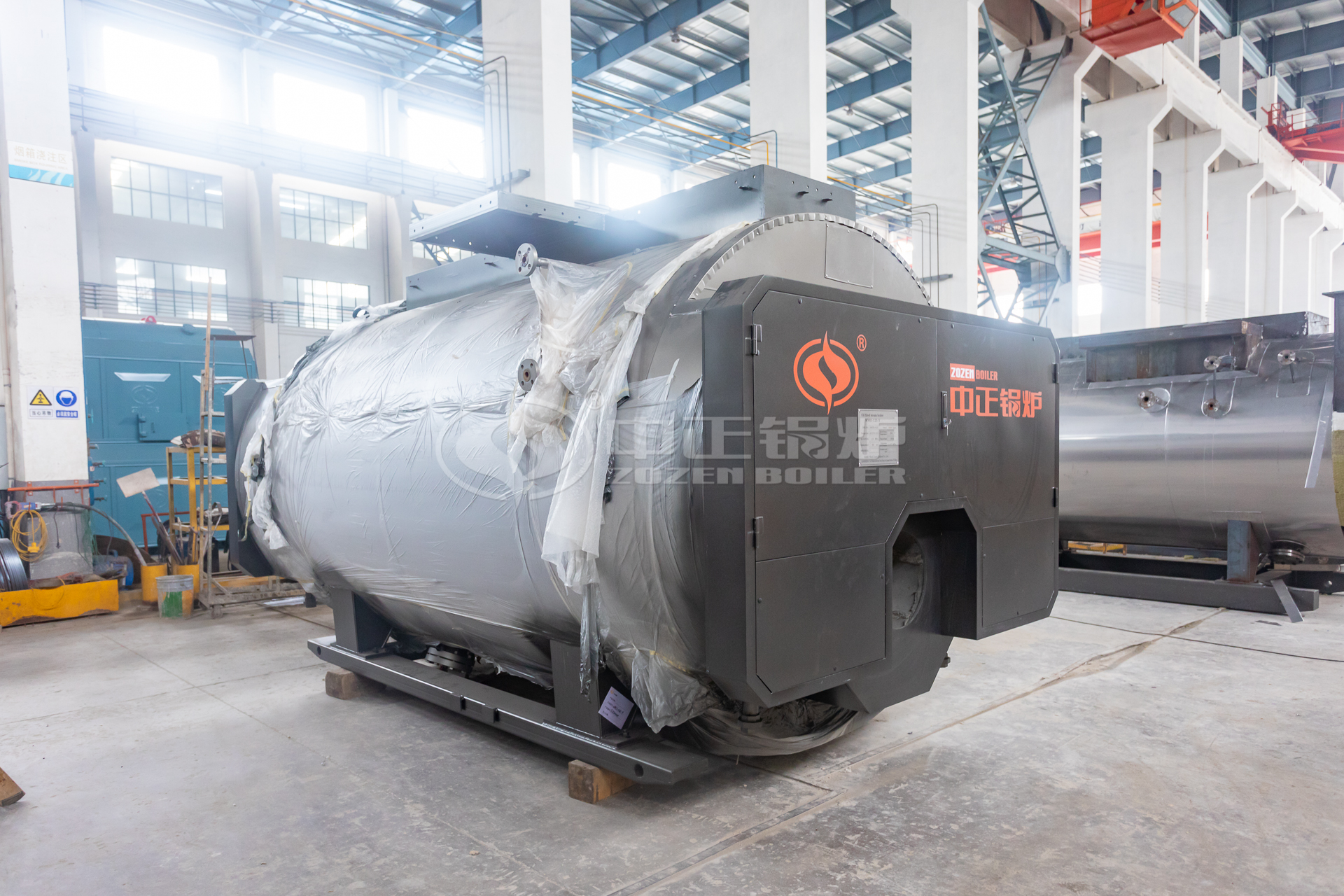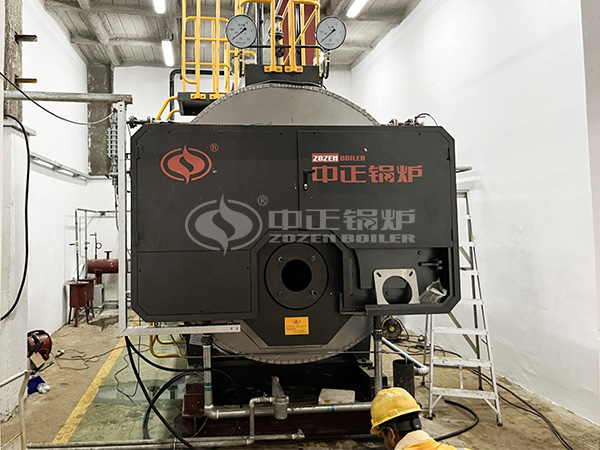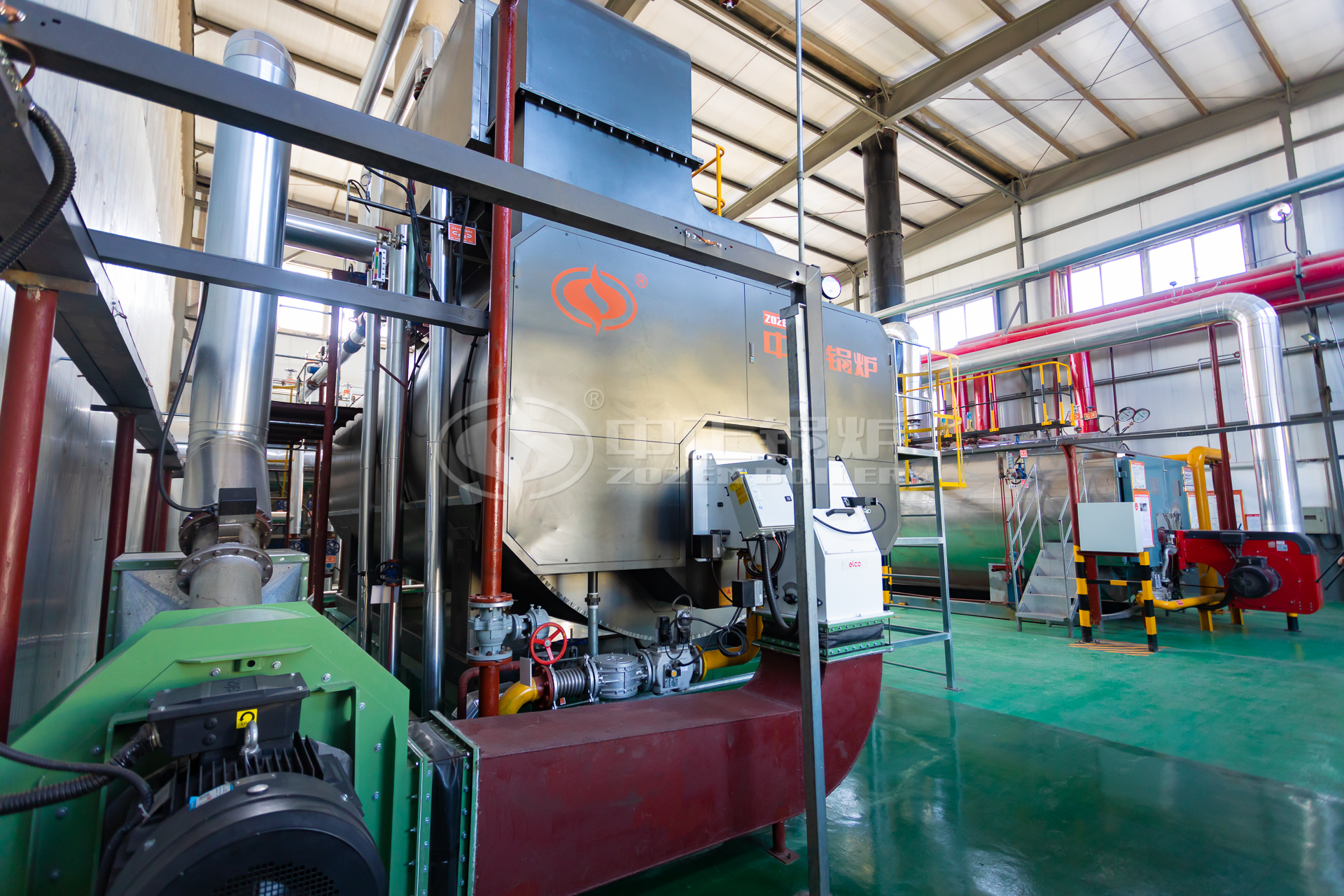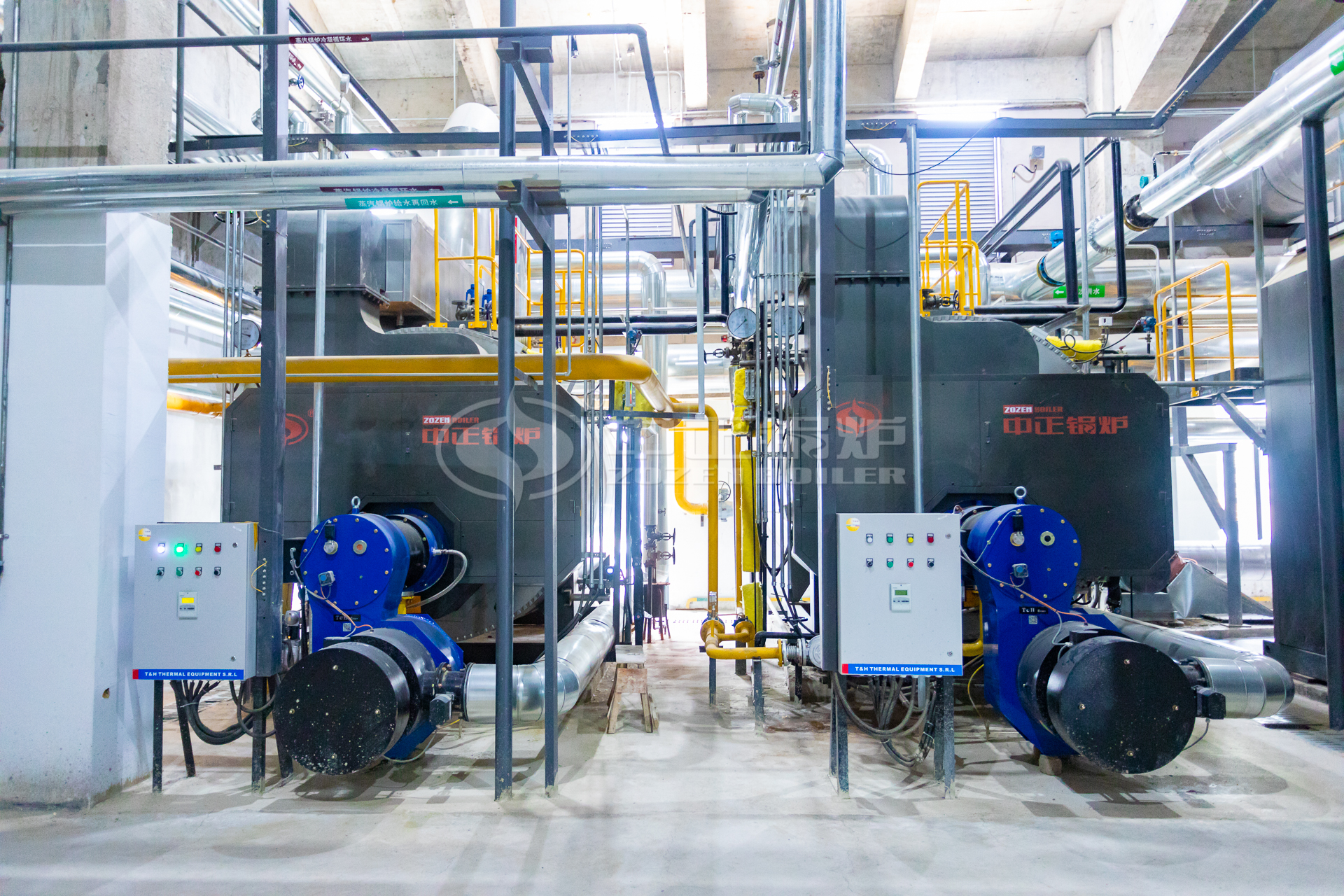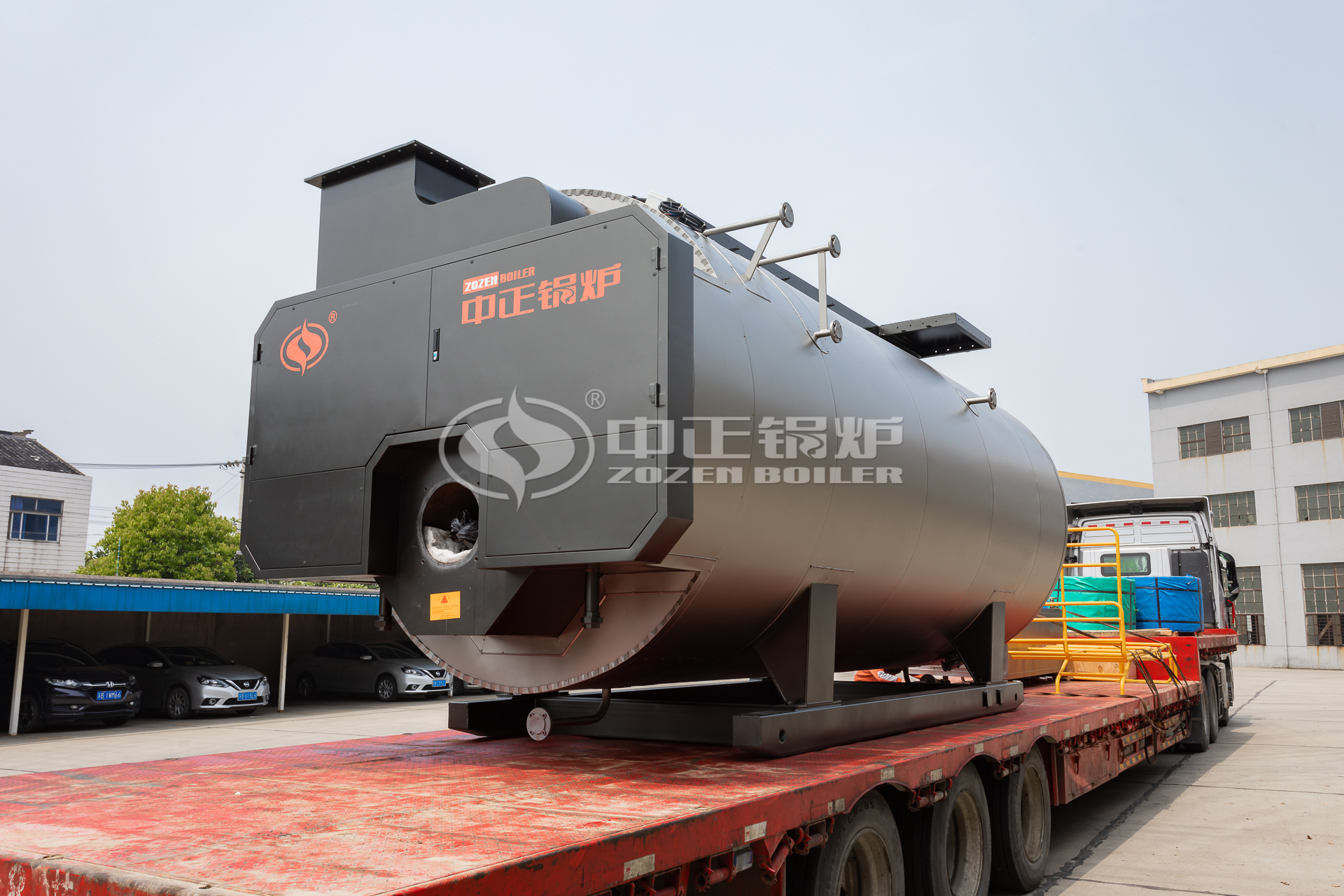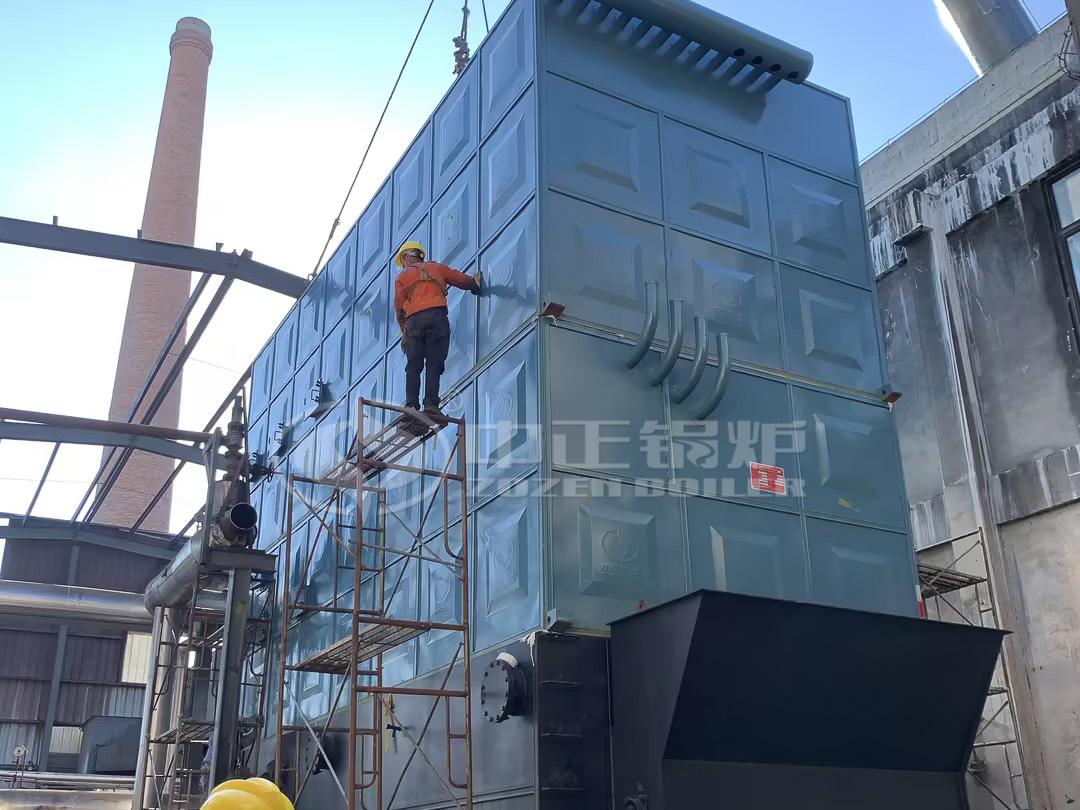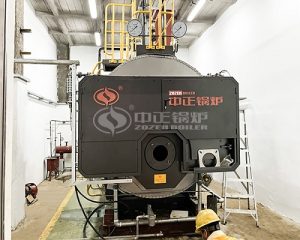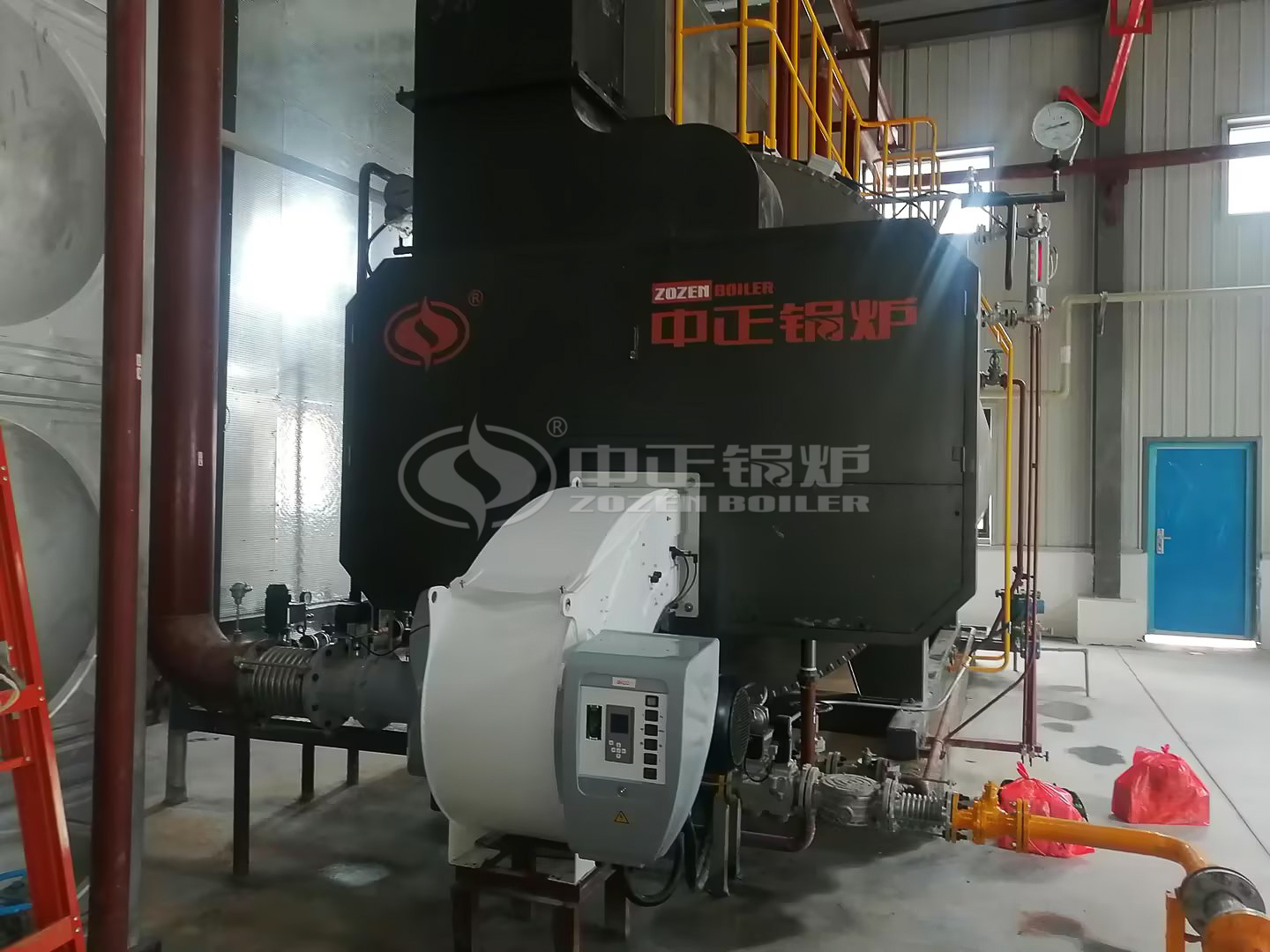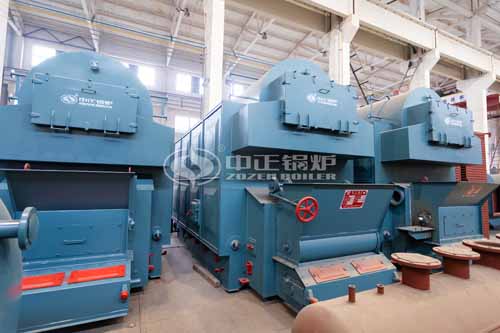Water quality is one of the important links to ensure the safe and economic operation of the gas steam boiler. Most of the oil and gas boilers (especially imported oil and gas boilers) are small in size, compact in structure and high in water quality requirements. If the water treatment is not done well, boiler scale and corrosion will be formed. Causes plugged pipes, pipe bursts and other incidents, and in severe cases will also result in economic loss of boiler scrap. Therefore, it is necessary to carefully handle boiler water treatment for oil and natural gas boilers.
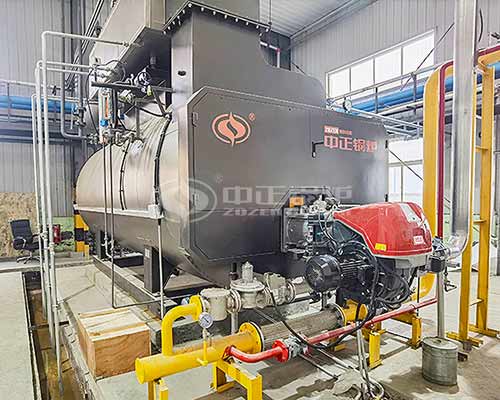
WNS Gas Steam Boiler
There are often many impurities in natural water. The most important factors that affect the boiler in the meantime are suspended matter, colloidal matter and dissolved matter.
Suspended matter and cavity matter are composed of mud and sand, animal and plant remains, and some low-molecular aggregates, which are the primary factors that make water turbid. If these impurities enter the ion-exchanger, they will pollute the AC resin and affect the quality of the effluent. If the impurities enter the boiler directly, the steam quality will be deteriorated, and it will easily accumulate into sludge, block the pipeline, and cause the metal to be damaged by overheating. Suspended matter and colloidal matter can be removed by pretreatment.
Dissolved substances primarily refer to salts and certain gases dissolved in water. Natural water, even tap water that looks very pure, contains various dissolved salts, among which calcium and magnesium salts. That is, the hardness material is the primary source of boiler fouling. Because the scale damages the boiler greatly, removing the hardness and avoiding scaling is the most important task of boiler water treatment. It can be reached by chemical treatment outside the boiler or adding treatment inside the boiler.
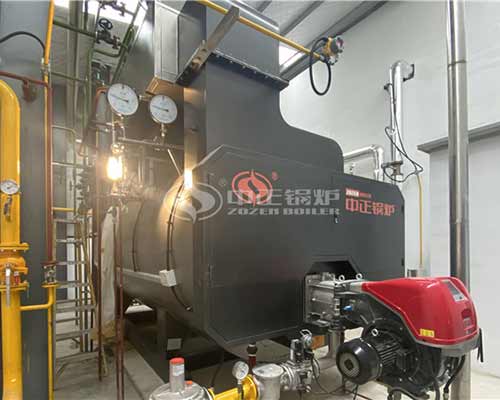
Oil and Natural Gas Boiler
The alkalinity of the water source is high in some areas. After being heated and concentrated by the combustion of oil gas fired boilers, the alkalinity of the boiler water will become higher and higher. After reaching a certain concentration, it will foam on the evaporation surface and affect the steam quality. If the alkalinity is too high, it will cause caustic embrittlement such as stress embrittlement and other alkaline corrosion. Therefore, the alkalinity-reducing treatment is required for water with higher alkalinity. In addition, the content of dissolved solids is too high, which will also affect the quality of steam, and even cause the co-transpiration of steam and water. It should be controlled through reasonable drainage.
In summary, the purpose of gas steam boiler water treatment is to remove harmful impurities, avoid boiler scaling and corrosion, ensure steam quality and ensure safe and economical operation of the boiler.
